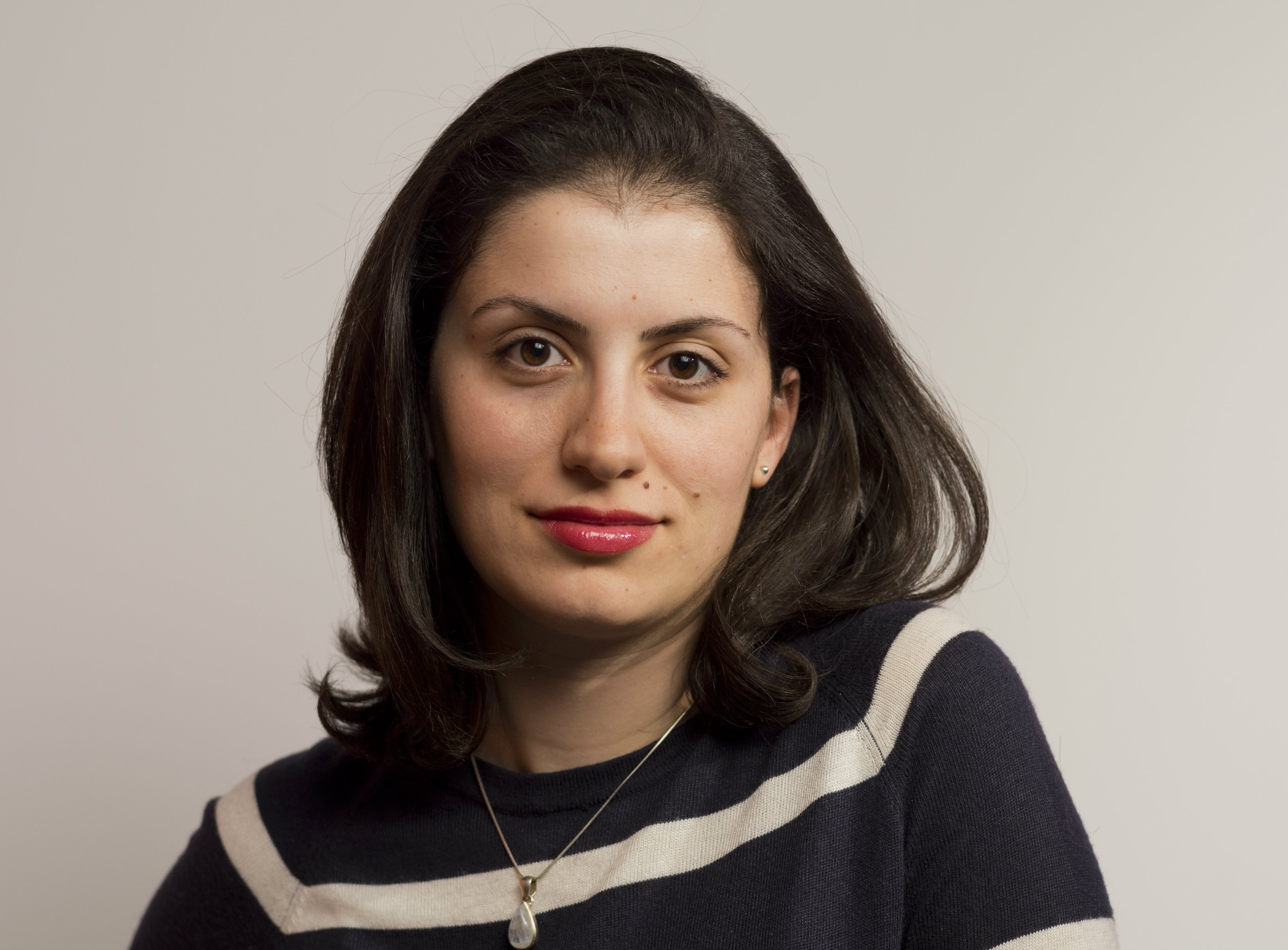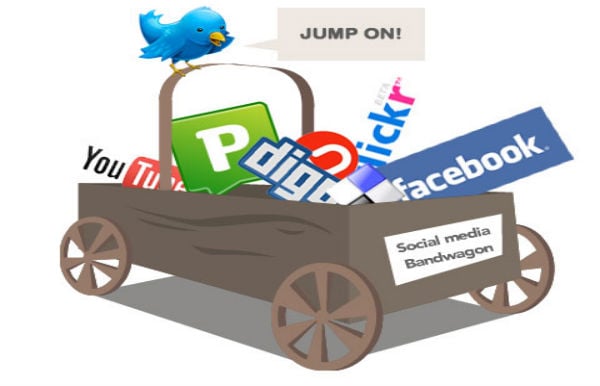“I showed your tweet to V. Yu. Surkov. Call to his office and tell him who is taking the money”. This is how Russian president Dmitri Medvedev reacted to one of the tweets he got; he took measures and tweeted it. Moreover, as it becomes clear from his page, he did it from an iPad.
Last June, when Medvedev visited Twitter HQ in the USA, they created the KremlinRussia profile on Twitter (in Russian and English). But today, this one is left for official information only. For personal interaction, greetings and thoughts, Medvedev now uses Medvedev Russia profile.
Over 215,000 people follow Medvedev’s Russian Twitter account, and over 89,000 read his English tweets. Impressive, but it’s more interesting to learn who Medvedev himself follows on Twitter: Obama, Schwarzenegger, British PM, etc. Well, before going to bed why not check how colleagues spent their day?
It’s not news that world leaders are paying attention to the Internet and social media in particular. Obama, who’s known as a social media president, tries to keep in touch with the voters through different online platforms (My.BarackObama.com, his YouTube channel, his Twitter account). He has over 7 million followers on Twitter, including several presidents and leaders.
“Egypt, where I spent my university years. May you be blessed with security & prosperity for all in this new era,” writes Queen of Jordan, Rania. Her Twitter account has just under 1.5 million readers and she has about 600,000 friends and fans on Facebook: here they can also comment on the Queen’s family and official photos.
People are tired of official reports; for them leaders or candidates that bother to write a few words a day on Twitter and Facebook seem much more trustful, friendly and close; they become people’s virtual “friends” which is really handy especially before elections. This pre-election tool usually gets more passive after elections, but often it turns into a democratic tool for transparent governance.
In all cases, the Internet is only a tool and media, the purpose and function of which depends on who’s using it. Evgeny Morozov in his book Net Delusion argues that the Internet can be a liberation tool, as much as a means for dictatorship and propaganda. Morozov claims that countries like Iran, China and Russia are already masterfully implementing internet for keeping their regimes.
But if, say, Medvedev manages to do this in a friendly and informal way, the Ilham Aliyev’s Twitter account is very[[wysiwyg_imageupload:40:]] official and propagandistic; of course, I conclude this only from the English version. If other leaders try to use Facebook and Twitter for more casual photos and friendly chat, Ilham Aliyev is sitting on the throne on his page and “watching” the readers from high above. His slogan is “We turn initiatives into reality!”
And his typical tweets are “We are a self-sufficient country. Therefore, we do not depend on any international financial or political centers,” “We must work as if we have no oil and gas, because the biggest successes have been achieved by countries that don’t have such resources,” and “We always look ahead, perhaps even a few steps ahead.” More than 3,500 people follow Aliyev’s English and Azerbaijani Twitter accounts — no presidents among them.
The Armenian president, on the other hand, doesn’t have any presence in social media. Serzh Sargsyan’s blog on LiveJournal can hardly be counted as a president’s blog, as it started and functioned only in March 2008, when Sargsyan was not yet president. Also, there are only a few postings on the blog which obviously Serzh Sargsyan didn’t post himself.
[[wysiwyg_imageupload:41:]]Our political face in social media is Armenia’s PM Tigran Sargsyan — blogger, Facebook friend, rock fan… He has over 2,000 friends on Facebook, and his Livejournal blog is an arena for intellectual discussions. PM’s last blog post on Armenian-Georgian relations (Feb. 17, 2011) has over 60 comments, while the complaints page receives over 500 entries. Well, so far no one has organized a “Sargsyan Party” in Armenia like “Putin Party” in Russia, but Tirgan Sargsyan has a solid number of online fans.
Recently the mayor of Yerevan also opened a page on Facebook, or as it says on the page, “a group of[[wysiwyg_imageupload:42:]] volunteers” created it. It seems that the mayor has decided to take Facebook PR seriously as he is even using sponsored advertisement on the social network. Marish Manucharyna-Giragosyan came across the ad and shared the screenshot with her friends.
The buzz on Serzh Sargsyan’s blog in March 2008 shows that people need direct and informal contact with the politicians. Of course, the March 1 events and the State of Emergency were the main reason for the buzz then, but there are plenty of questions today as well.
And again, everything comes to the offline reality. When the British PM or any other official promises something on his blog, they are responsible for that in reality. Online expressions do matter in the UK: even bishop Peter Broadbent was asked to take a step back from public service for a few months for his Facebook posting. Bishop wrote that taking into account the history of the British Royal Family, Prince William’s marriage (planned for April) won’t last long.
Do blog or Facebook posts in Armenia reflect the reality or have any consequences outside of the Internet? In general, the way Armenian authorities use media, be that TV or Internet, creates a big gap between real life and media coverage. The Internet has one advantage though: readers can fill the gap with their comments. They oppose real life problems to PM’s optimistic, nice and sometimes utopian blog posts.
The good thing is that authorities are willing to listen to what people are saying online and even answer sometimes. Don’t forget, however: people don’t live on the Internet… At least not yet.
Lusine Grigoryan







